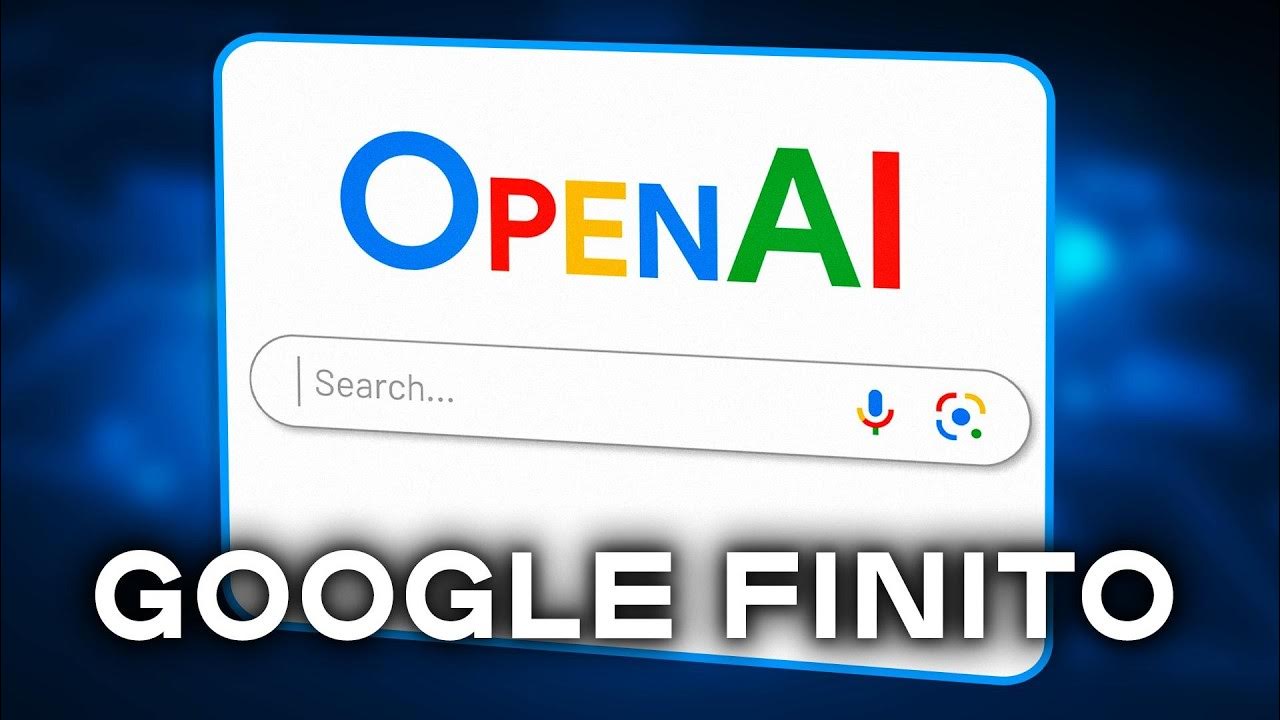How Perplexity works | Aravind Srinivas and Lex Fridman
Summary
TLDRThe transcript discusses 'Perplexity,' an AI-driven answer engine that functions by combining search engine capabilities with a large language model (LLM). It emphasizes the importance of sourcing, akin to academic research, to ensure accuracy. Perplexity is designed to provide direct answers with citations, inspired by the need for reliable information in a world of abundant but often misleading online content. The conversation also touches on the limitations of Perplexity compared to traditional search engines like Google, highlighting the ongoing challenges in AI integration for real-time information and user experience.
Takeaways
- 🧠 Perplexity is described as an 'answer engine' that provides answers backed by sources, similar to academic referencing.
- 🔍 The search engine component of Perplexity extracts relevant results from the internet, which are then fed into a large language model (LLM).
- 🤖 The LLM processes the information and generates a well-formatted answer with citations, adhering to the academic principle of sourcing every statement.
- 📚 Perplexity's approach is inspired by the need for accuracy in academic writing, aiming to ensure that chatbots provide reliable and citable information.
- 💡 The founders of Perplexity, with academic backgrounds, sought to apply the rigor of academic research to chatbot technology to enhance accuracy.
- 🌐 Perplexity is not just a search engine but a 'knowledge discovery engine' that encourages users to explore further after receiving an answer.
- 📊 A comparison between Perplexity and traditional search engines like Google highlights Perplexity's strengths in direct answers and synthesized information.
- 🚀 Perplexity's AI, while impressive, is not yet a full replacement for Google due to limitations in accuracy, speed, and real-time information provision.
- 🔗 The platform generates related searches and questions to spark curiosity and continue the knowledge discovery process.
- 🌟 The potential for personalization and localization in Perplexity's responses could significantly enhance the user experience by anticipating needs and providing contextually relevant information.
Q & A
What is the primary function of Perplexity?
-Perplexity is primarily described as an answer engine that provides direct answers to questions by synthesizing information from various sources, backed by citations.
How does Perplexity combine the search engine and LLM functionalities?
-Perplexity uses a search engine to find relevant sources, extracts information, and then feeds it into a large language model (LLM) to formulate a well-formatted answer with appropriate citations.
What is the significance of sourcing in Perplexity's operation?
-Sourcing is crucial as it ensures that every statement made by Perplexity is backed by credible sources, similar to academic writing, which enhances the accuracy and reliability of the answers provided.
How does Perplexity's approach differ from traditional search engines?
-Unlike traditional search engines that provide a list of links, Perplexity focuses on delivering direct answers synthesized from multiple sources, aiming to be more like an academic paper with citations.
What inspired the creation of Perplexity?
-The creators' academic roots and the need for accurate information led to the development of Perplexity. They wanted a system that would only provide information that could be cited from the internet, ensuring accuracy.
Why did the founders feel the need to build Perplexity?
-The founders felt the need to build Perplexity due to their own experiences with the inadequacy of existing search engines in providing clear and accurate answers, especially in areas like insurance where they were novices.
How does Perplexity ensure the accuracy of its answers?
-Perplexity ensures accuracy by mandating that every piece of information provided is backed by sources found on the internet, following the academic principle of citing every statement made in a paper.
What is the role of user experience in Perplexity's design?
-User experience plays a significant role in Perplexity's design as it aims to provide direct answers and synthesize information in a way that is easy for users to understand and appreciate, much like Wikipedia.
How does Perplexity handle real-time information?
-Perplexity is working on integrating real-time information, but it is a complex task that requires prioritizing recent information and presenting it in a user-friendly manner.
What are some of the challenges Perplexity faces in providing accurate answers?
-Some challenges include ensuring accuracy and speed, integrating real-time information, and designing custom UIs for specific sets of questions to present information in the best possible way.
How does Perplexity's approach compare to Google for everyday searches?
-While Perplexity provides direct answers and summaries, Google is faster and more efficient for simple navigational queries and real-time information. Perplexity is not yet a full replacement for Google for everyday searches.
Outlines

Этот раздел доступен только подписчикам платных тарифов. Пожалуйста, перейдите на платный тариф для доступа.
Перейти на платный тарифMindmap

Этот раздел доступен только подписчикам платных тарифов. Пожалуйста, перейдите на платный тариф для доступа.
Перейти на платный тарифKeywords

Этот раздел доступен только подписчикам платных тарифов. Пожалуйста, перейдите на платный тариф для доступа.
Перейти на платный тарифHighlights

Этот раздел доступен только подписчикам платных тарифов. Пожалуйста, перейдите на платный тариф для доступа.
Перейти на платный тарифTranscripts

Этот раздел доступен только подписчикам платных тарифов. Пожалуйста, перейдите на платный тариф для доступа.
Перейти на платный тарифПосмотреть больше похожих видео

Perplexity AI Masterclass: Search Will Never Be the Same

The Future of SEO in the Age of AI-Driven Search

Aravind Srinivas (Perplexity) and David Singleton (Stripe) fireside chat

Has Google Met its Match | ChatGPT and Perplexity AI

ChatGPT Prompt Tutorial to Improve Google SEO - Write Longer Keyword Optimized Articles & Long Blogs

La fin de Google ?
5.0 / 5 (0 votes)
